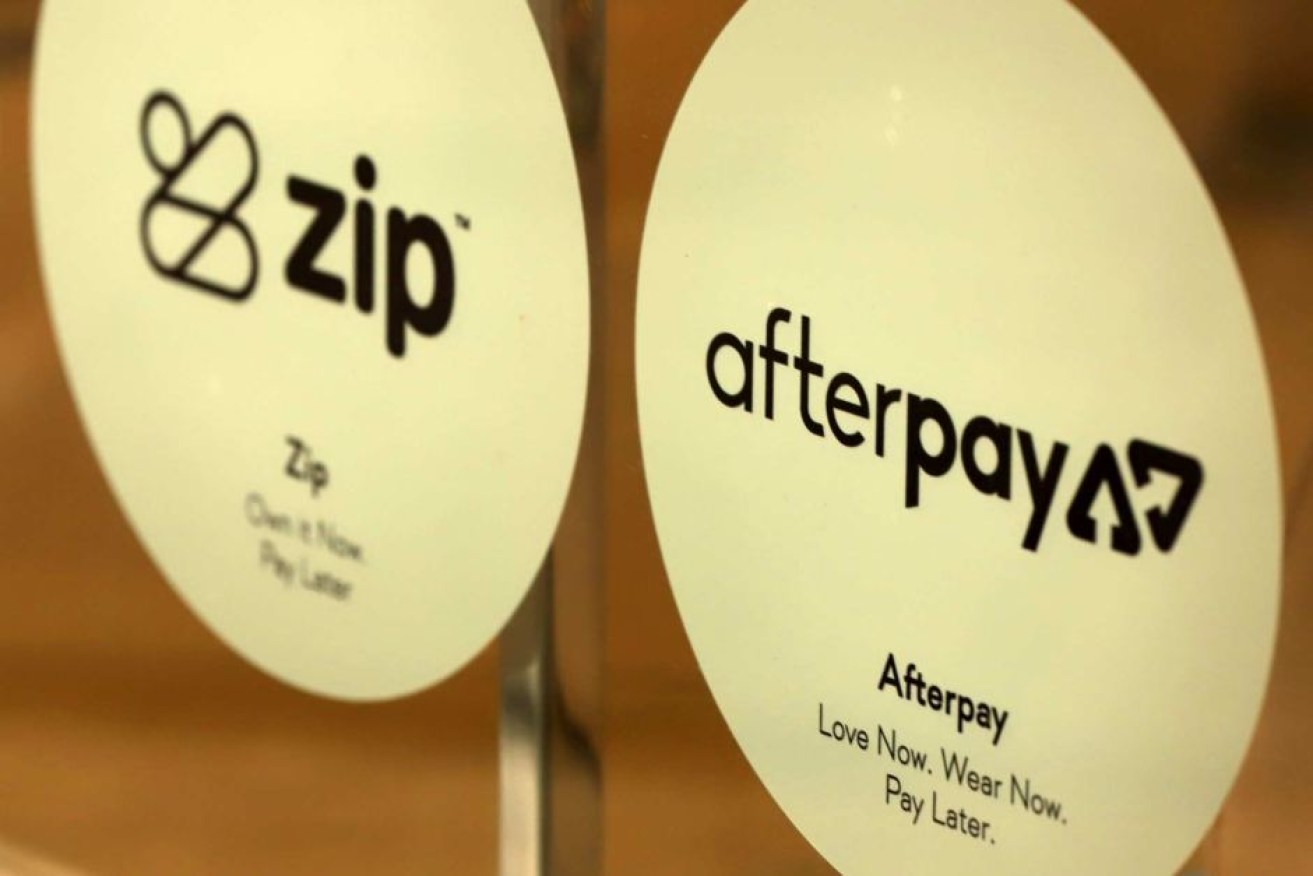‘Extreme financial hardship’: Consumer groups call for global crackdown on buy now pay later


The government has unveiled a crackdown on buy now, pay later firms, but advocates fear it doesn't go far enough. Photo: Getty
Consumer groups are calling for an international crackdown on buy now pay later (BNPL) companies like Afterpay, claiming shoppers are being lured into taking on unaffordable debts before being hit with late fees.
On Thursday, Australian advocate CHOICE and eight other similar consumer groups across the United States, Europe and Asia issued a plea to governments for stricter rules to protect consumers from BNPL.
They said the companies must be regulated in the same way as banks that issue credit cards, and that BNPL advertising must be reformed to prevent children and adults in financial hardship from being targeted.
“Buy now, pay later credit providers are known for targeting people with existing loans, encouraging them to use buy now, pay later loans to pay for essential goods and services,” CHOICE boss Alan Kirkland said.
“This is a fast path to extreme financial hardship.”
Buy now pay later regulation failing
The BNPL industry has grown into an international behemoth over the past decade, with Australian companies like Afterpay and Zip Pay taking on leading roles in the multibillion-dollar financial technology gold rush.
Afterpay grew its global customer base to 16 million people in the 2021 financial year while Zip Pay said in February that it had 9.9 million global customers.
But consumer advocates have long expressed concern that the popular pay later model is a recipe for financial hardship, particularly because many BNPL companies do not conduct the same lengthy credit checks that banks do.
In Australia, where BNPL companies aren’t required to comply with the responsible lending laws, financial counsellors have reported a rise in consumers failing to pay their debts to multiple services at one time.
And corporate regulator ASIC says one in five users struggle to repay their debts.
“It is critical to fix this loophole in our laws, to ensure these businesses can’t create debt traps for low-income households,” Mr Kirkland said.
“In some cases, people spend years trying to pay back debt they have signed up for in minutes.”
The federal government stopped short of moving BNPL companies into the responsible lending regime after a Senate inquiry failed to endorse such a move in 2019.
Instead, the industry set up a voluntary BNPL code of conduct.
But consumer groups say this approach of self-regulation has failed to stamp out poor practices across the industry, with a report released into its performance on Tuesday finding very few complaints have been made.
Only five complaints were made about breaches of the code in its first year, the code compliance committee revealed in its report.
Consumer advocates suspect this means many scorned customers have not complained because they do not know that the code exists.
CHOICE’s own survey of 1078 Australians about their BNPL debts found that 15 per cent have missed or been late to make a loan repayment.
More than three quarters of those people said they had experienced a degree of financial hardship as a result of their BNPL fees.
Advocates urge international action
The nine consumer groups calling for an international crackdown on the BNPL industry include advocates in the US, UK, Sweden, New Zealand, Australia, Denmark, South Korea, Bulgaria and Panama.
Together, they’re calling on governments in each country to make six key changes:
- “Regulate Buy Now Pay Later products in the same way as other forms of credit. This includes ensuring that measures such as caps on fees and charges, restrictions on unsolicited marketing and obligations to help people in financial hardship that apply under national laws are extended to BNPL.
- “Require merchants to provide an option that allows a consumer to pay for a product in full at the time of purchase. For online purchases, this should be the first option that is presented.
- “Obligate Buy Now Pay Later providers to assess whether it is suitable and affordable to provide credit to people, without risk of causing financial harm.
- “Prohibit Buy Now Pay Later providers from marketing their products in ways that target children or people in financial hardship.
- “Enable consumers to have access to redress through fair and independent mechanisms when something goes wrong.
-
“Ensure regulators monitor and report publicly on the impact of Buy Now Pay Later products for different groups of consumers. To support this, BNPL providers should be required to report publicly on key indicators mandated by regulators, including levels of late payments and numbers of customers in arrears.”








